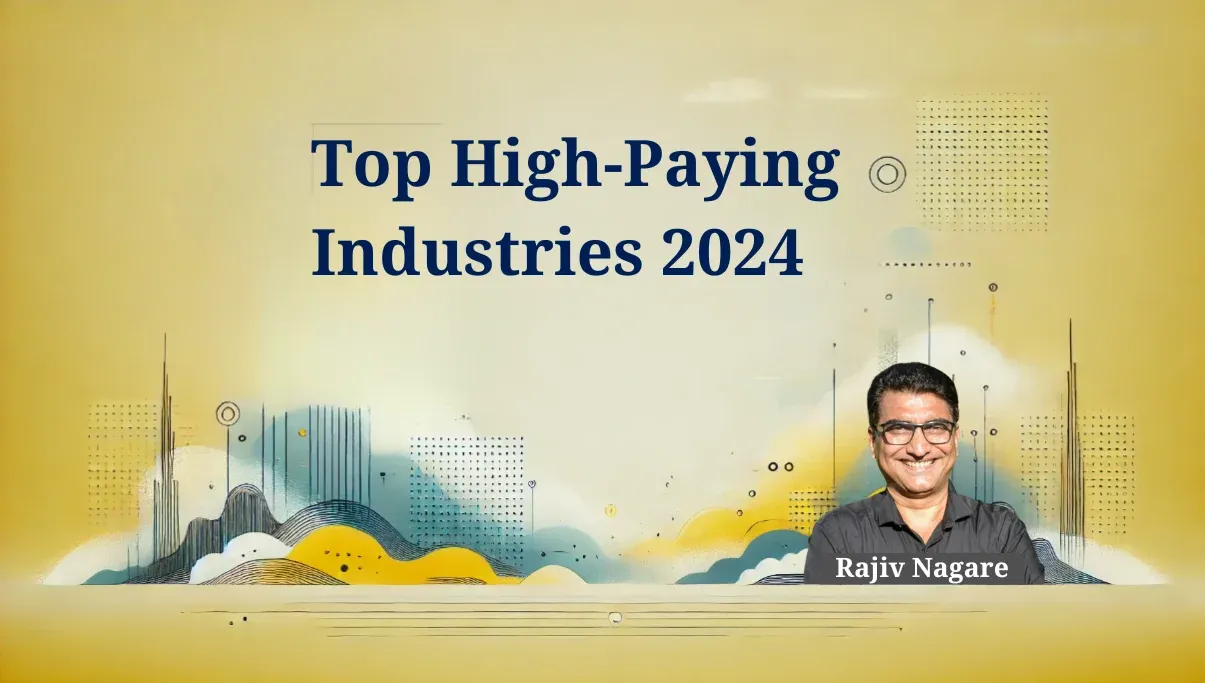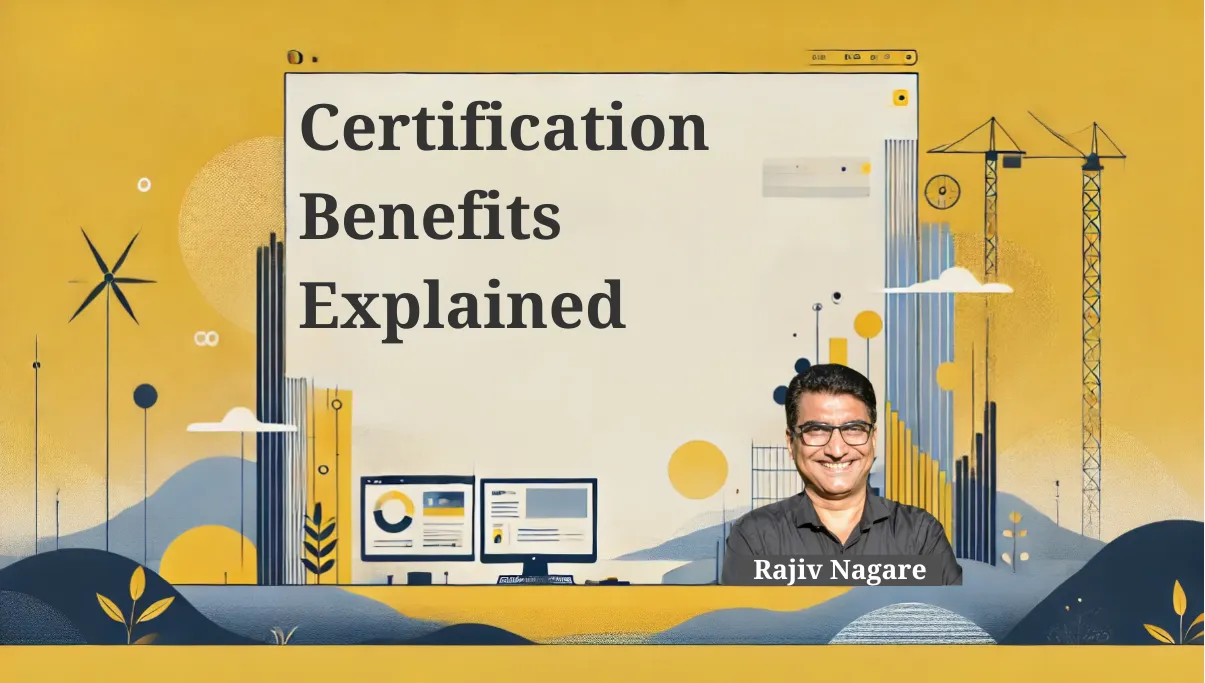Which Online Degrees (UG or PG) Are Most Valued by Employers in the BFSI Industry?
In the fast-evolving BFSI (Banking, Financial Services, and Insurance) sector, professionals face immense opportunities—but also intense competition. To stand out and climb the career ladder, the right educational qualifications are crucial. But with so many degrees and courses available, which ones do BFSI employers truly value? This guide will answer this question and help young professionals select degrees that maximize their career growth potential.

Let’s explore the top undergraduate (UG) and postgraduate (PG) degrees, as well as professional courses, best suited for roles in the BFSI sector.
Which UG Degree is Best for Banking?
A solid undergraduate foundation can be a stepping stone to success in the BFSI sector. Here are some UG degrees highly regarded by employers:
Bachelor of Commerce (B.COM) in Banking and Finance
A B.Com with a specialization in Banking and Finance provides a strong foundation in financial management, banking operations, and regulatory compliance. This degree is widely recognized and opens doors to roles such as Financial Analyst, Banker, and Credit Analyst.
Bachelor of Business Administration (BBA) in Finance
BBA Finance covers critical topics like financial analysis, risk management, and investment banking. This program prepares students for entry-level management roles in banking and is a great choice for those with leadership aspirations.
Bachelor of Arts (BA) in Economics
Economics degrees are also valuable for BFSI careers, especially in analytical or research-based roles. This degree hones skills in economic analysis, statistics, and econometrics, which are essential in roles like Economic Analyst and Policy Advisor.
Bachelor of Science (B.SC) in Banking and Insurance
This degree offers a unique blend of scientific and financial training, equipping students for technical and analytical positions. It’s especially suitable for those aiming for specialized areas within insurance and risk assessment.
Takeaway: Choose a UG degree that balances theoretical and practical knowledge, aligning with your career goals in the BFSI industry.
Which PG Course is Best for Banking?
Postgraduate degrees can significantly elevate one’s career, opening up higher-level roles in the BFSI sector. Here are some top PG courses:
Master of Business Administration (MBA) in Finance
An MBA in Finance is one of the most sought-after degrees in banking. It offers specialized training in corporate finance, portfolio management, and investment analysis, preparing professionals for senior roles such as Financial Managers, Investment Bankers, and Wealth Advisors.
Master of Science (M.SC) in Banking and Finance
This course is ideal for those interested in research-oriented or technical roles. An M.Sc in Banking and Finance emphasizes quantitative analysis, financial engineering, and risk management, making graduates attractive candidates for roles in analytics and investment banking.
Master of Commerce (M.COM) in Banking and Insurance
This degree offers specialized knowledge in banking and insurance practices, risk management, and regulatory frameworks, making it a great choice for candidates interested in the operational aspects of BFSI.
Takeaway: For career growth, choose a PG degree with a focus on finance, banking operations, or analytics, depending on your career trajectory.
Which Professional Degree is Best for Banking?
Professional certifications or degrees can give you a distinct edge in the BFSI industry, as they demonstrate specialized expertise and commitment to continuous learning. Here are some of the most valued:
Chartered Financial Analyst (CFA)
Recognized globally, the CFA program is one of the most respected qualifications for investment and financial analysis professionals. The curriculum covers topics such as ethics, asset valuation, and portfolio management, making it ideal for roles in investment banking, equity research, and asset management.
Certified Financial Planner (CFP)
CFP certification is beneficial for professionals aiming to work in wealth management, personal finance, or financial planning. It focuses on skills like tax planning, estate planning, and retirement savings—ideal for helping clients achieve financial security.
Certified Management Accountant (CMA)
The CMA credential is valuable for those aspiring to work in managerial accounting roles within banking. It focuses on financial planning, analysis, and decision-making, positioning graduates for finance leadership roles in banks and financial institutions.
Financial Risk Manager (FRM)
For those looking to specialize in risk management, the FRM certification offers comprehensive knowledge in managing financial risk, quantitative analysis, and regulatory compliance. This is highly relevant in risk-prone BFSI roles.
Takeaway: Professional certifications like CFA, CFP, CMA, and FRM provide specialized knowledge and help BFSI professionals stand out in specific areas such as financial analysis, planning, and risk management.
Which Course is Best for a Banking Job?
For those specifically targeting entry-level positions in banking, various online courses and certifications can boost employability:
Banking Fundamentals Certification
Offered by institutions like the Indian Institute of Banking and Finance (IIBF), this certification covers core banking concepts, regulatory frameworks, and basic financial services knowledge. It’s ideal for entry-level roles like bank clerks and customer service representatives.
Financial Markets Certification
Many reputed institutions offer certifications in Financial Markets, providing insights into stock markets, investment principles, and trading. This certification is particularly helpful for those interested in stock broking, trading, or investment advisory.
Anti-Money Laundering (AML) Certification
AML certification is valuable for those interested in regulatory and compliance roles. With financial crimes on the rise, this skill is increasingly in demand by banks and other financial institutions to ensure compliance with legal and ethical standards.
Digital Banking and FinTech Courses
As digital banking grows, certifications in Digital Banking, FinTech, or Blockchain are becoming more valuable. These courses cover areas like digital transformation, blockchain applications, and online banking security, preparing candidates for roles in modern banking technologies.
Takeaway: Short-term certifications provide targeted knowledge, helping candidates secure entry-level banking jobs or upskill for specialized roles in the BFSI sector.
In the BFSI industry, selecting the right educational qualifications—whether UG, PG, or professional—plays a significant role in career advancement. By choosing degrees and certifications aligned with BFSI demands, young professionals can overcome stagnation, secure high-paying jobs, and set themselves on a path to build their Fortune.
These degrees and certifications provide a strong foundation, helping BFSI professionals stand out in an increasingly competitive job market. Remember, continuous learning and upskilling are key. Assess your career goals, choose the right program, and keep building your expertise to thrive in the BFSI industry.
Comment below with your thoughts, and let's start a conversation















